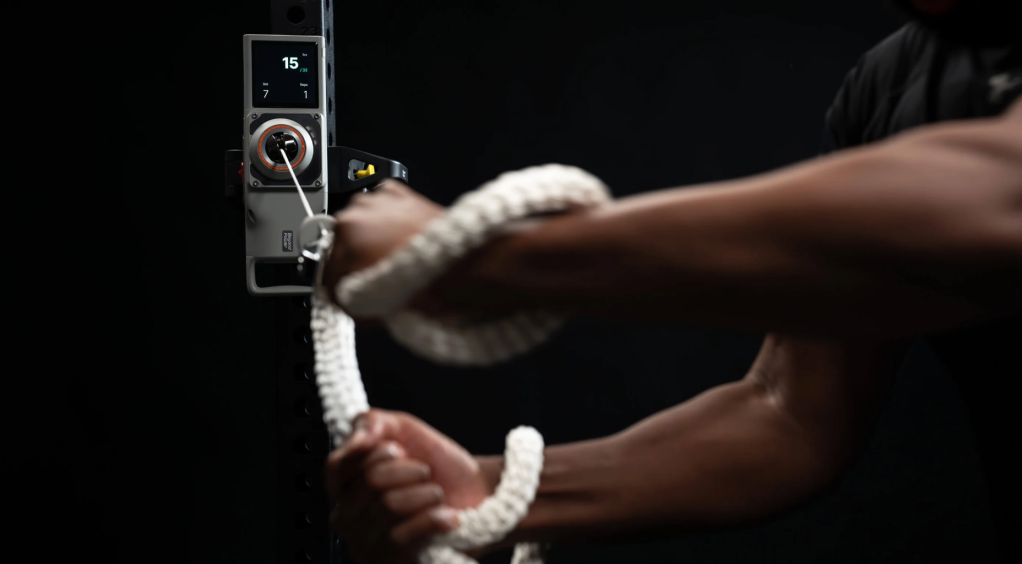A word of warning if you’re in Britain this week: Do NOT fall gravely ill or almost die from some sort of massive trauma on or immediately following this Wednesday. That’s the official NHS changeover day, aka “first day of hospital” for the UK’s new crop of fresh-faced doctors. While they may not in fact kill you, it is entirely likely that your simple concussion or sliced finger or plague sores (PS: good one, Chinese village) will lead you into a sequence of events that culminate in my dad forwarding me an email with the subject line “Bedpan’s Revenge?” Here’s Vice UK’s resident physician, Dr. Mona Moore, with more on this horrifying annual occurrence.
Don’t go into the hospital this Wednesday. In fact, avoid all doctors for the next week. Unless you’re choking on your own mangled innards and seeing that white light, you’re better off at home. Wednesday, August 5, is changeover day, when all medical students are let loose into hospitals as full-fledged doctors, despite being considered unqualified just 24 hours previously. Their plastic dummies are replaced by your flesh and blood. You are their lab rats and your death is their forgivable first-day blunder.
Videos by VICE
When I was a new doctor we were called house officers, which meant we were nicknamed HOs or house plants (doctors are about as funny as you’d expect people who spend their lives thinking about cancer to be). Now they are called FY1s, which has significantly less scope for piss-taking.
House plants are about as much use as their epithet suggests. One day they are fumbling students and the next day they have a shiny new badge which says they are a doctor (and no doubt immediately rush out to change all their credit cards to add in their new title and get their pants monogrammed). They’re not only useless, but petrified too. You often find them hiding in the loos. They panic over even simple things like prescribing Paracetamol, poring over every detail in case, by some miracle of stupidity, they get the dosage wrong. They compulsively double-check every single blood result. They get temporary paralysis in an emergency and don’t even do CPR training for another few weeks. Taking a medical history becomes an interrogation and taking blood becomes torture. They’re an army of needle-wielding amateurs with the first-day shakes running amok in a hospital near you.
They do make amusing mistakes. One house plant insisted on doing an ECG (electrical tracing of the heart to check if it’s still beating or not) on a corpse in case he wasn’t actually dead. Another, when asked by the nurse to pronounce a patient dead, looked confused, enquired about their religious beliefs, before reeling off some blurb about the Holy Trinity over him. She was meant to check his vital signs to confirm death before sending the corpse to the morgue fridge. I came in one morning to find a HO had put a drip into an old man’s forehead like an acupuncturist because the only vein she could find was the blue beauty pulsing through his head. I let another put an IV on a patient who had only just stopped vomiting and she forgot to apply pressure to the vein, letting great gushes of horror movie blood spurt all over the floor and her freshly shaved calves. Unsurprisingly, it set off the vomiting again.
Seeing as it’s hard not to get sick at the moment with everyone getting swine flu, here are some tips for avoiding getting stabbed like a pincushion. Firstly, if your doctor looks like a 15-year-old on a first date, generally that’s a bad sign. If it says FY1 on their badge, ask for another doctor. Avoid almost anyone in a white coat. They are banned to avoid spreading MRSA, but some students still turn up wearing them. New doctors tend to nervously play with their stethoscope rather than keep it around their neck. The stethoscope is a symbol that you are a doctor and can help. On the first few days, HOs will do anything not to help.
The NHS nightmare of changeover is compounded by the fact that all other doctors in their first four years of post-medical school training also rotate jobs, as well as anyone getting promoted or moving positions. Many doctors completely change specialties. Let’s say they did pediatrics before–next they’ll be doing cardiology. They will have studied cardiology for exams, but have limited practical experience of dealing with cardiac emergencies. They get the whole medical profession’s first day of work out of the way in one hazardous swoop. No one dies if you can’t find the stationary office on your first day, but not knowing where the crash cart is kept is a whole different league of first-day fuck-up. Nurses are the only saving grace to the whole hospital system during changeover, since only they can rescue adrift doctors. Sure, everyone will figure it out within a matter of days. But if I were you, I’d give hospitals a wide berth until next week.
MONA MOORE
More
From VICE
-

Photo: Ethan Miller/Getty Images -

Beyond Power -

Illustration by Reesa -

Illustration by Reesa.